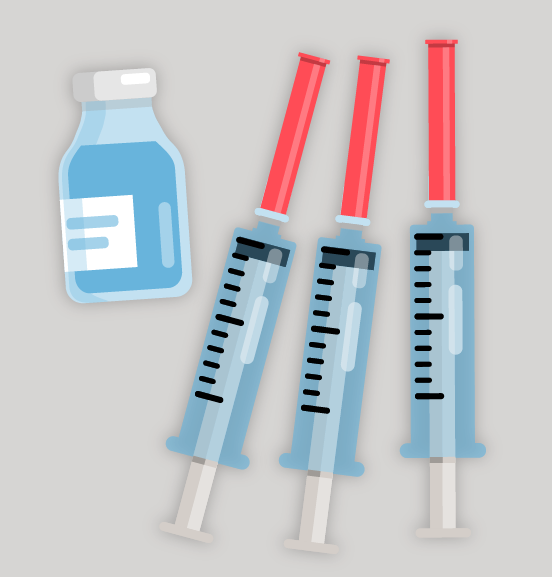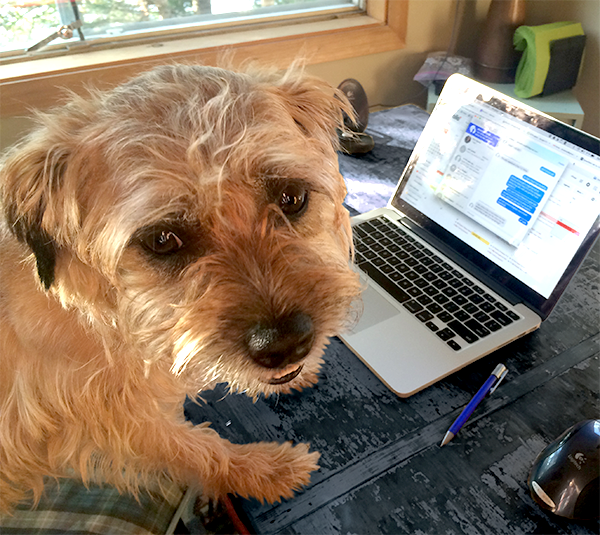September 8, 2025
12 minutes
Rob Hyams
September 11, 2025
8 minutes

If your diabetic dog needs surgery, we know it’s completely normal to feel anxious, especially if anesthesia is involved. While anesthesia is generally safe in dogs, diabetes adds a few extra considerations that you may want to understand before the big day.
Based on our experience with Parker, our diabetic border terrier who has had several instances of going under for surgery or tests, your veterinarian will very likely want your dog’s diabetes to be well-regulated before surgery.
This means their blood glucose levels are within a stable, healthy range — ideally without major highs or lows. Regulation helps your dog’s body handle the stress of anesthesia and reduces the risk of complications during and after surgery.
If your dog’s blood sugar is unstable, your vet may recommend postponing surgery until things are under better control. This is not to delay care unnecessarily, but to keep your pet as safe as possible.
We had a lot of challenges regulating Parker in the early days of his diabetes, so this information added to our anxiety. Could we get him regulated in time?
If that wasn’t enough, we learned that diabetic dogs can have greater risks than non-diabetics.
Here are a few anesthesia-related risks specific to diabetic dogs that his doctors have told us about:
A good surgical team will take steps such as:

Work on regulation early – Don’t wait until surgery is scheduled to get your dog’s blood sugar under control.
Follow fasting instructions carefully – Usually no food after midnight, but always confirm with your vet.
Ask about monitoring – Make sure the clinic will track your dog’s glucose throughout the process.
Have a post-surgery plan – Your vet will guide you on when to restart your dog’s usual feeding and insulin schedule.
We experienced Parker's first moment of very low blood glucose levels hours after he had surgery and had to apply honey on his gums to bring him into a safer zone.
We suspect that the clinic kept his levels in the 'butter zone' and, because he didn't have dinner post surgery and was anxious about the experience, his blood glucose dropped to 5.2 mmol/L around midnight.
It only happened that one time after surgery and we don't know if others would have the same experience, but we thought it important to share. With a diabetic dog it's always better to test their levels when you're unsure or something seems 'off' in terms of their behaviour or movements.
Anesthesia for a diabetic dog does come with some extra considerations, but with preparation, a knowledgeable veterinary team, and careful monitoring, your dog can come through surgery just fine. The key is good communication with your vet and making sure your dog’s diabetes is well-managed before and after the big day.

We’re a couple of pet owners who’ve learned firsthand what it takes to care for a diabetic dog. When our own dog, Parker, was diagnosed, we were overwhelmed, so we built this site to make things a little clearer for others starting out. Everything here is designed to help you understand, plan, and feel more confident managing your dog’s diabetes.
September 11, 2025
10 minutes